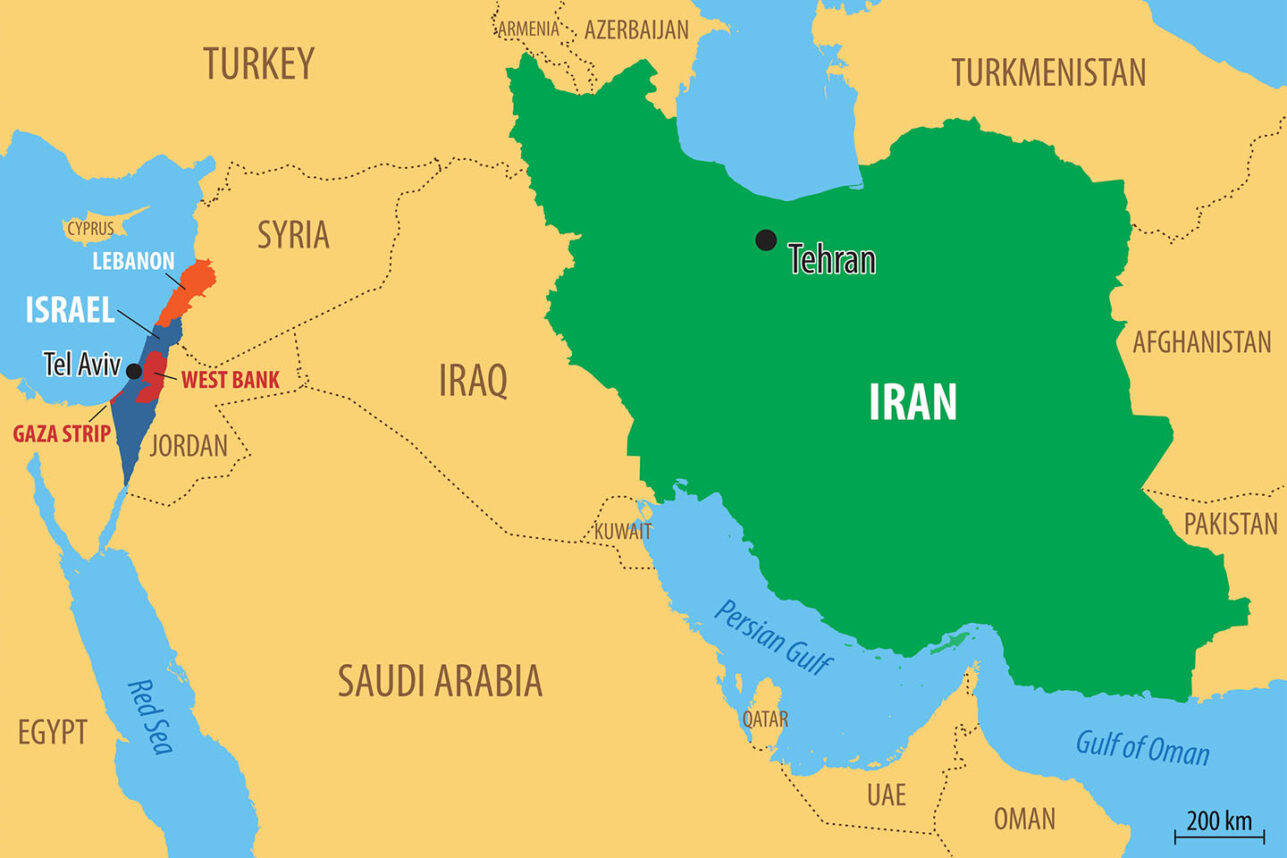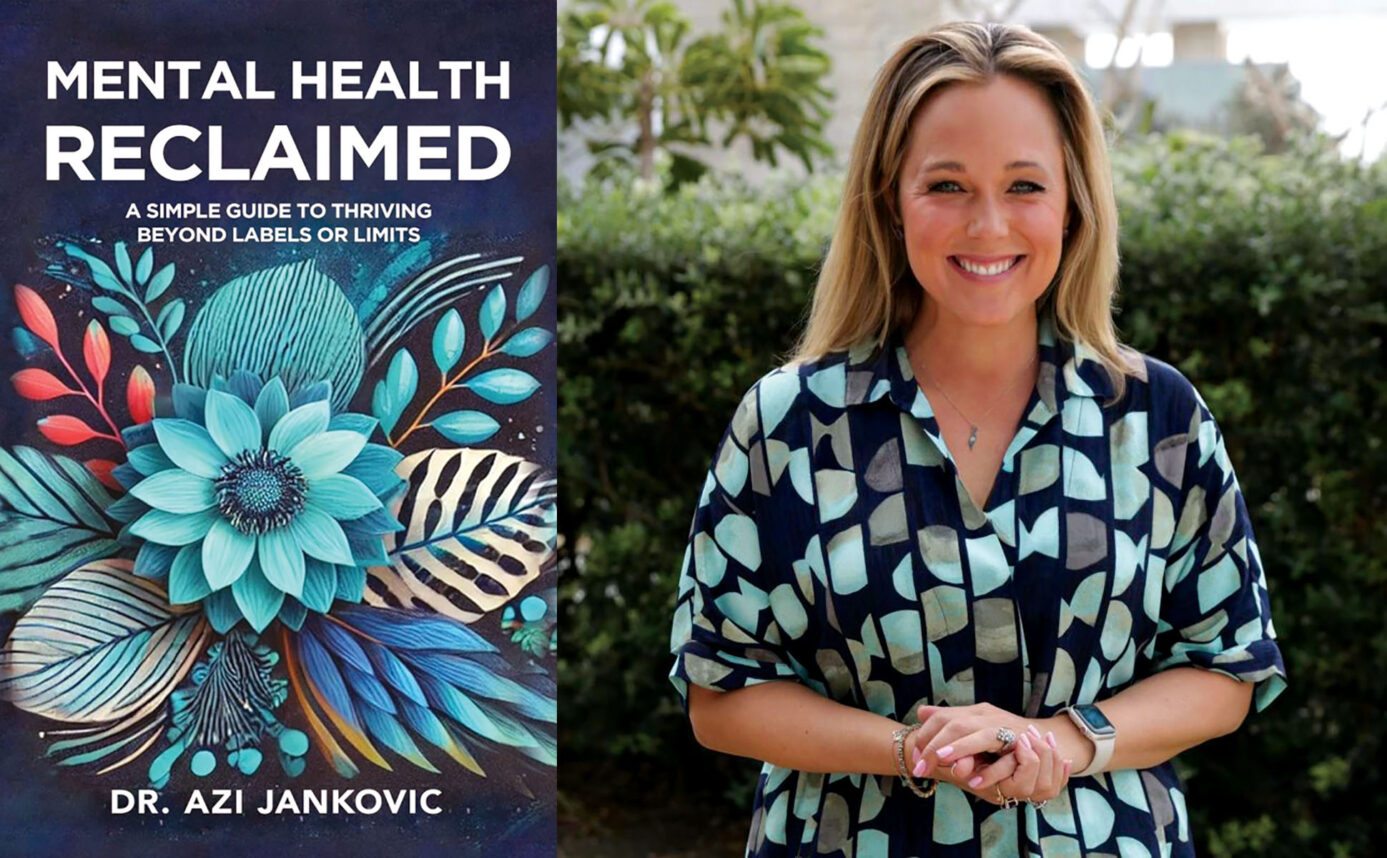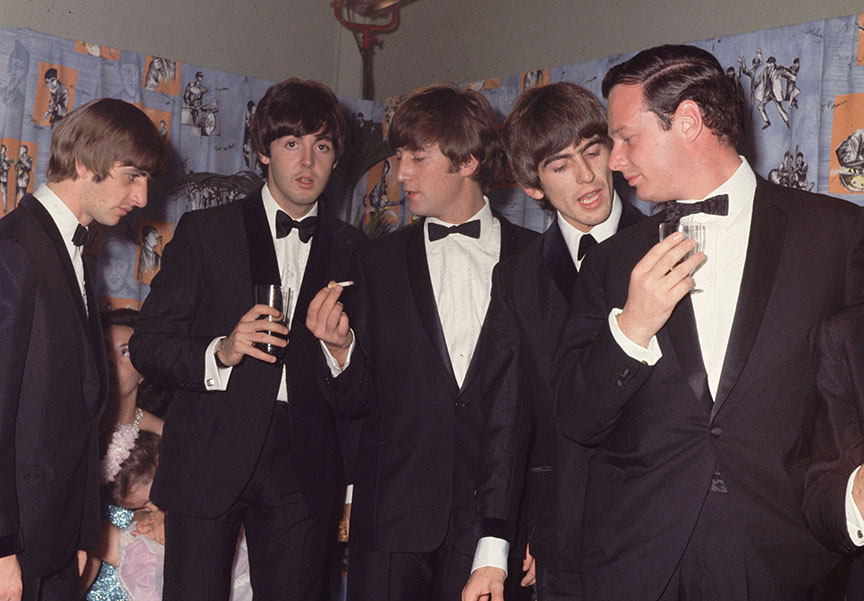Having buried Abraham and Sarah, the biblical narrative moves to the next generation: Isaac and his family. This week’s parsha is Toldot, which can mean “generations,” “begettings” or “consequences.”
The picture of me in suffragette whites, in front of my Hillary Clinton lawn sign before voting, shows how one generation is consequent to those preceding it. As my neighbor aimed her iPhone to record my celebration, I invoked my great-grandmother, who marched for women’s suffrage in 1848 at Seneca Falls, N.Y.; my grandmother, who graduated from law school at New York University in 1919; and my mother, whose life finally made sense to her when she read “The Feminine Mystique.” How I wished they were alive to see that day.
But not that night.
Many compare their experiences since the election to Elisabeth Kubler-Ross’ stages of grief, which describe the emotional states after loss.
Step One: Denial. As the unexpected results emerged, one member after another of my chavurah whispered, “It isn’t possible,” as if chanting a dirge. Hours, days and weeks pass. I process the election like a death — one cell at a time. I get distracted and then suddenly remember that Donald Trump will be president. The shock comes again, as the awareness passes over my body, cell by cell.
Step Two: Anger. My jaw is tight. With each conflict of interest and political appointment, I yell at the television. I have no patience for small talk. A checker at Trader Joe’s says, “Have a nice day.” I snap back, “In Trump’s America?” (No one rebuked me.)
Step Three: Bargaining. Hours on Facebook. Petitions. Donations to advocacy groups. Letters to editors. Imploring members of the Electoral College to align with the majority of voters as questions about the role of the Kremlin, the FBI and fake news in the election continue to mount.
Step Four: Depression. I wear my nightgown past noon. I weep. More Facebook. Chores postponed. Work unfinished. Papers all over the floor. A lot of naps. Listening to Leonard Cohen. More tears.
Step Five: Empowerment. Kubler-Ross’ designation of the final stage as “acceptance” never resonated with me. “Acceptance” is too passive to describe the energy and wisdom that emerges with fully processed grief. Successful bereavement makes a place in our lives for our grief, as our world expands around it. We go forward with a new reality and rearranged assumptions about God and the universe. Grief focuses us on what is essential and empowers us to address it. In this case, Trump’s election stokes my commitment to cherished Democratic values and impels me to act.
The moment of empowerment can arrive in a mysterious way. Synchronicity placed the ascendency of the president-elect and his white-supremacist supporters in historical context.
With still ricocheting emotions, our chavurah made its annual pilgrimage to Joshua Tree National Park. The trip was planned months ago, assuming we would be celebrating the election of the first woman president. Twenty of us stayed at the Oasis of Mara near the park’s north entrance. Also at the Oasis was a gathering of the continent’s original victims of white entitlement: a group of Native Americans at one of their sacred water sources.
This week’s Torah provides further synchronicity: Isaac unplugs the wells dug by his father, which the Philistines, envious of Isaac’s success, stopped up. His motto might be the same chanted by tribal leaders, just returned from the protest at Standing Rock, N.D., where a pipeline to carry more than a half a million barrels of fracked oil each day is proposed: “Water is life.”
The pipeline will be laid under the Missouri River, slightly upstream from the Standing Rock reservation, disturbing sacred places and burial grounds. A failure of this pipeline (failures of this sort are frequent) would be catastrophic, both for the tribe, which gets its drinking water from the river, and for the 10 million people downstream who depend on the Missouri and the Mississippi, into which it flows, for drinking and irrigation.
The protests of the Native Americans and their allies are being met with the same force and resistance as the demonstrations I remember from my youth in the Jim Crow South. At this writing, federal officials have announced a plan to close access to the campsite where demonstrators are protesting the pipeline.
And so we come back to the mirroring of generations. Like Isaac, who returns to his father’s wells to provide for his household, I must return to the values of my ancestors to ensure well-being for the nation I love. In the name of my mothers, I am roused to the Stage of Empowerment by their efforts and those of Isaac and the Native Americans, to recommit to the prophet Amos’ words: “Let justice well up as waters, and righteousness as a mighty stream” (Amos 5:24).
“Water is life.”
Rabbi Anne Brener, a Los Angeles-based psychotherapist and spiritual director, is a professor at the Academy for Jewish Religion, California.

































 More news and opinions than at a Shabbat dinner, right in your inbox.
More news and opinions than at a Shabbat dinner, right in your inbox.